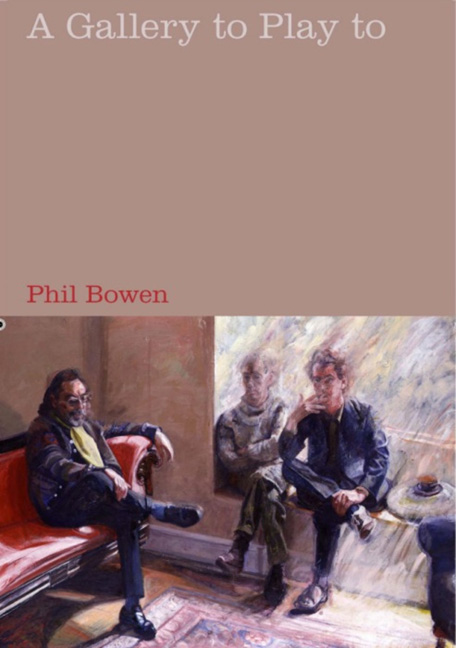Book contents
- Frontmatter
- Dedication
- Contents
- Author's Note
- Acknowledgements
- Introduction
- The Fifties and the Beginning of the Liverpool Scene
- Roger McGough 1937–1958
- Adrian Henri 1932–1956
- Liverpool 1957–1961
- Brian Patten 1946–1961
- 1961–1968
- The End of the Sixties
- The Seventies
- The Eighties
- The Nineties
- The Noughties
- Bibliography
- Index
Brian Patten 1946–1961
- Frontmatter
- Dedication
- Contents
- Author's Note
- Acknowledgements
- Introduction
- The Fifties and the Beginning of the Liverpool Scene
- Roger McGough 1937–1958
- Adrian Henri 1932–1956
- Liverpool 1957–1961
- Brian Patten 1946–1961
- 1961–1968
- The End of the Sixties
- The Seventies
- The Eighties
- The Nineties
- The Noughties
- Bibliography
- Index
Summary
‘… if only I could crack it …’
Born on 7 February 1946 at 100 Wavertree Vale into a family with quite a name in the local criminal fraternity, Brian Patten was an only child, withdrawn, dark-haired, with dark eyes that cautiously appraised the world right from the start.
I never knew my father. My mother married him but they were separated before I remember. I was brought up in this really tiny house with this crippled grandmother – and she and my grandfather never spoke. It was a very small, frightening, claustrophobic space. And there was an auntie who sat in a chair – lived sitting in a chair in the kitchen – and my mother was a woman called Stella. And I felt very much that if I opened my mouth or said anything it would rock the boat. And I didn't want to rock a boat.
He never did know his father, and to this day is not interested.
Wavertree Vale ran into the unfashionable city end of Picton Road on the fringes of Liverpool 8. Flanked by two dark Victorian and uncompromisingly ‘working-man's’ pubs, the Ashgrove and the Belle Vue, it sat approximately two miles from the short-spired Picton Clock whose square face gazes benignly at the greener pastures of Mossley Hill and Childwall. Patten remembers cousins in and out of prison. Tommy (known as ‘the brace and bit man’) was the ‘mouthiest’, so much so one night that Sergeant Frank Jones vividly recalls throwing him against a prison-cell wall in Lawrence Road Police Station with such force that he thought he had killed him.
Unlike Henri and McGough, both of whom can name favourite early childhood authors, Patten grew up in a house with only one book. It had a green cover, smelt of mothballs because it had lain on top of a shelf for a long time, and was an ‘innocuous book about a fox’. He was six when he found it, and it filled him with a disproportionate sense of mystery because it seemed so out of place.
At Lawrence Road Junior School he was just as out of place himself. Bottom of the class, the last to read and write, he was considered by his teachers to be in need of remedial teaching.
- Type
- Chapter
- Information
- A Gallery to Play toThe Story of the Mersey Poets, pp. 38 - 42Publisher: Liverpool University PressPrint publication year: 2008

